We are pleased to indroduce to you our latest rOLe model:
Maja Hanić – biophysicist and PhD student at our university.
#Gleichstellung #CarlVonOssietzkyUniversität #UniOldenburg #WomenInSTEM #WomenInScience #UOL #UniversitätOldenburg
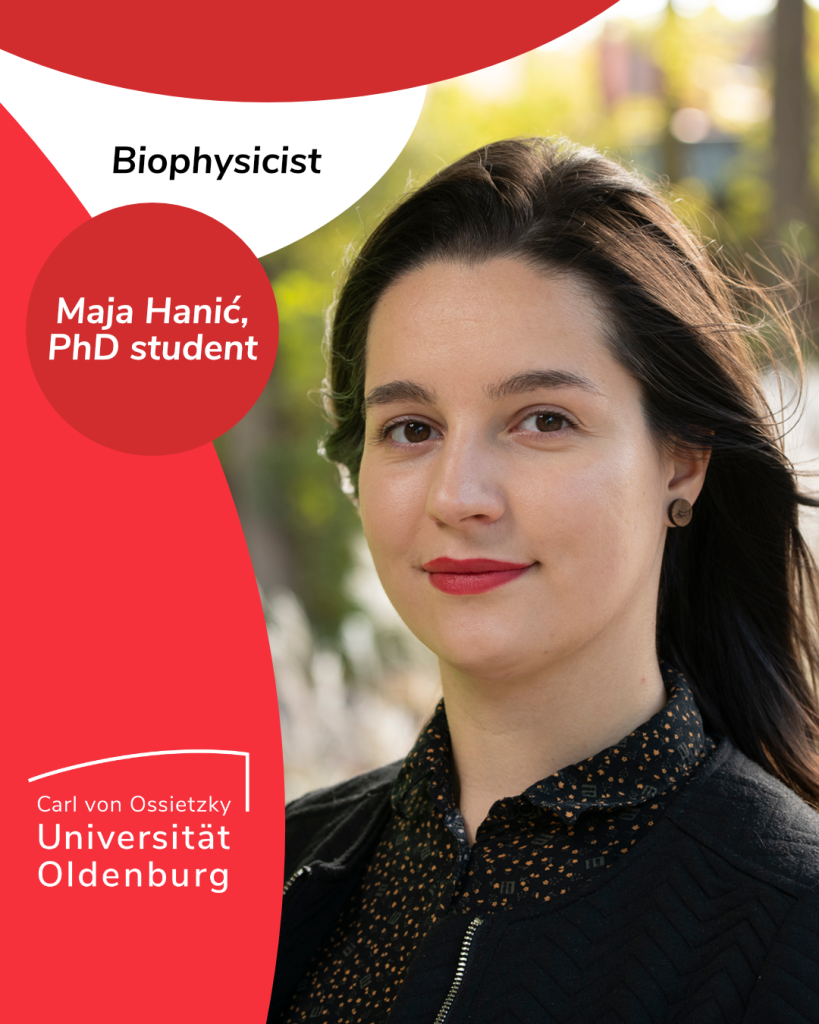
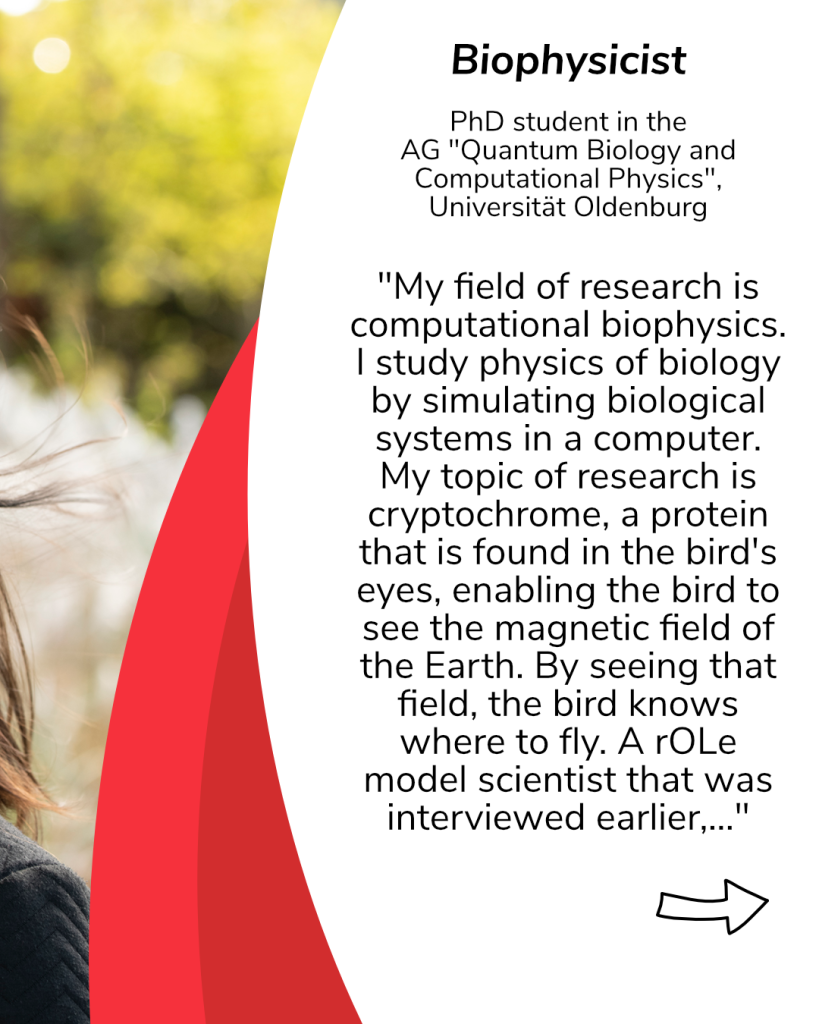
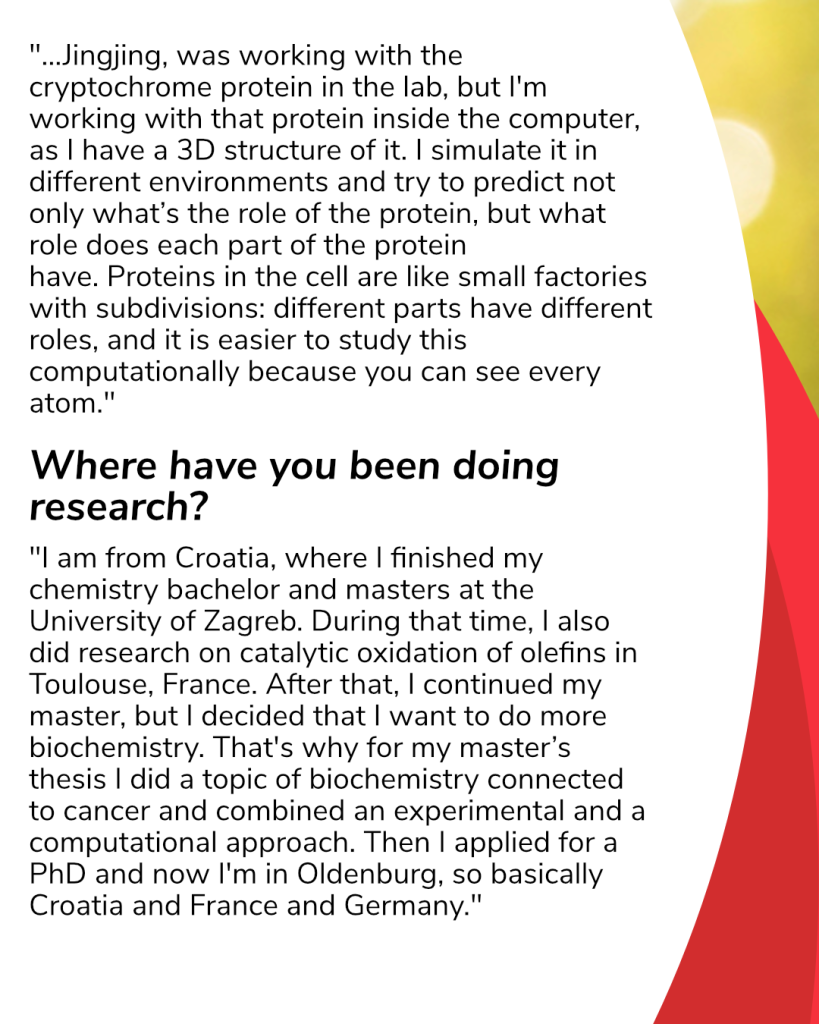
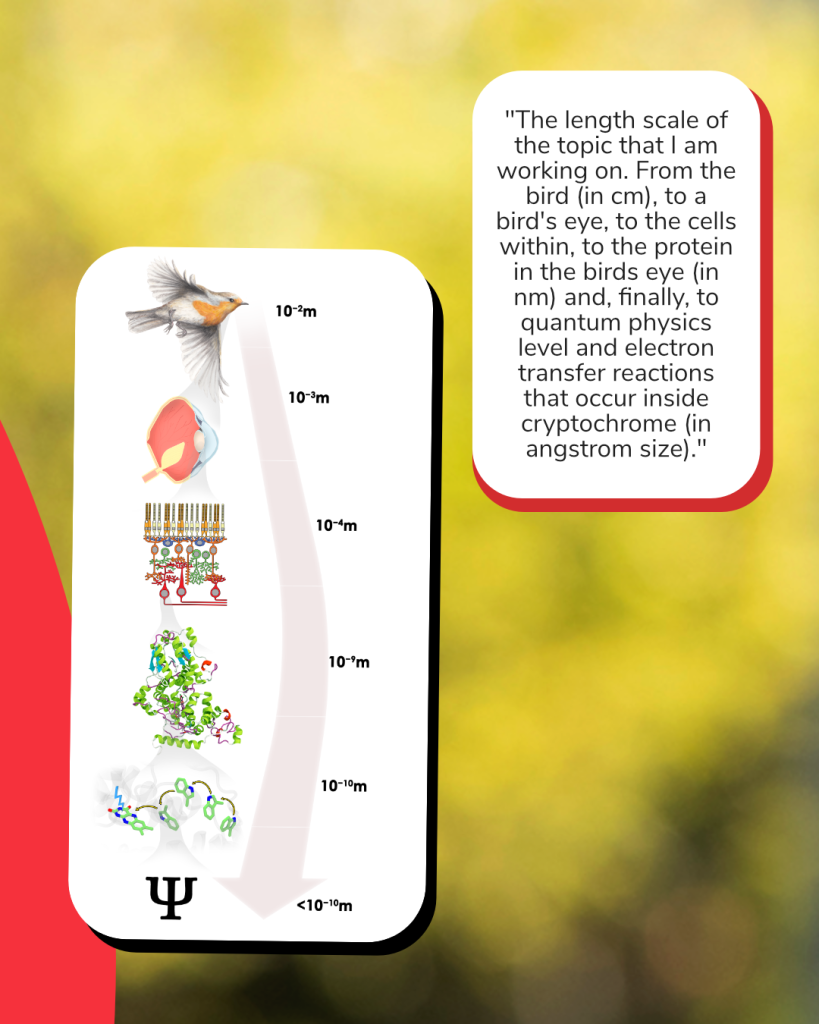
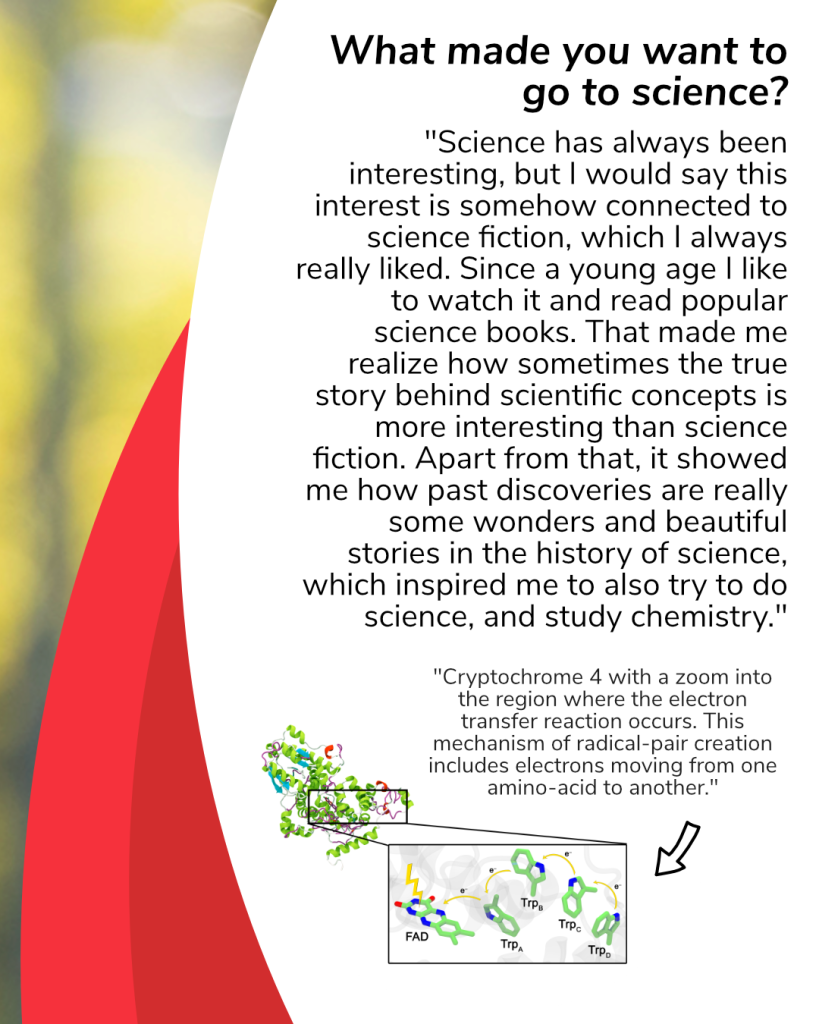
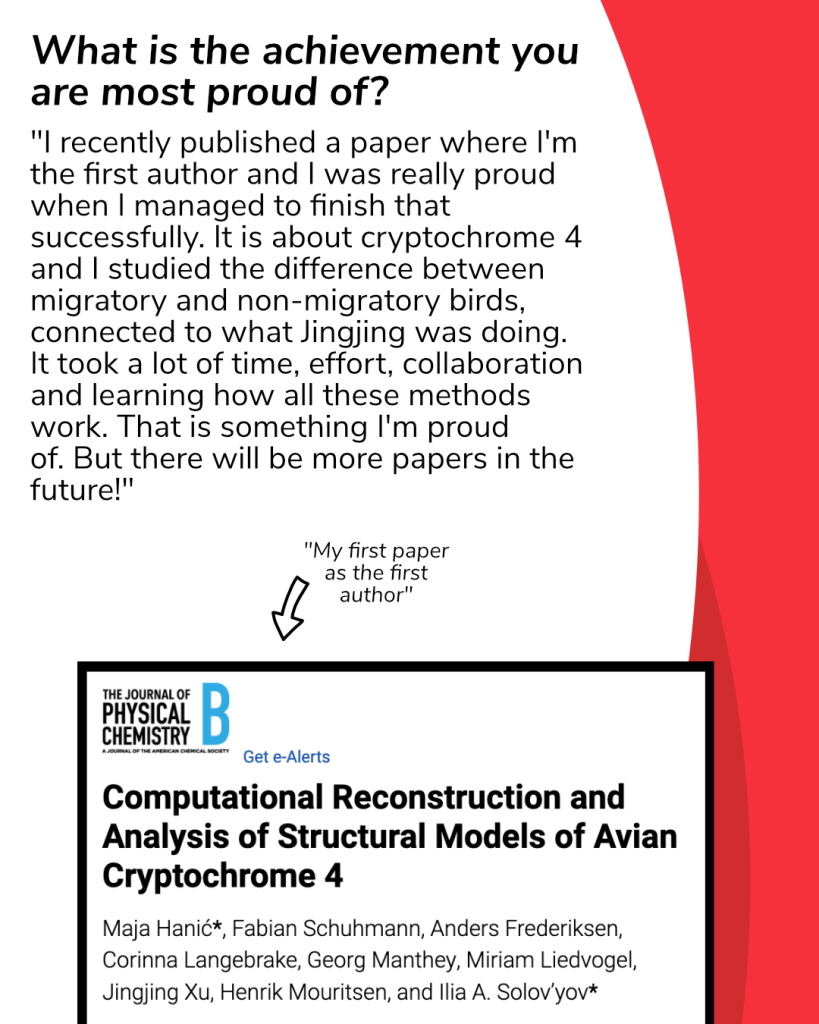
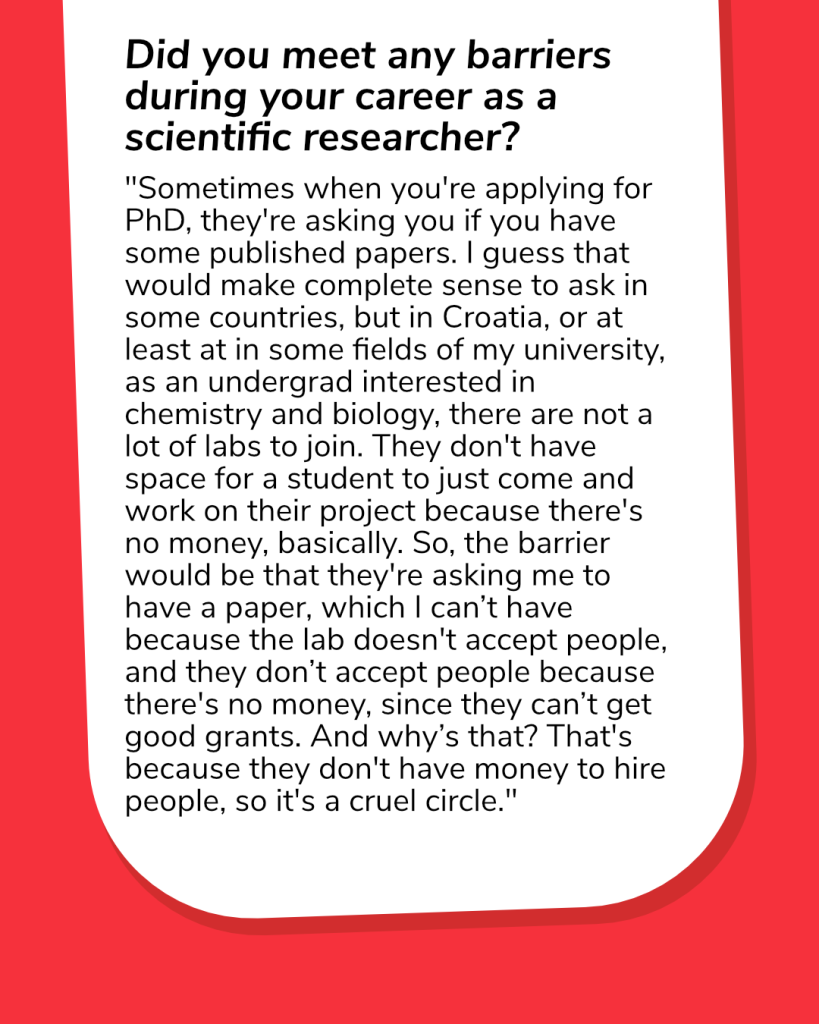
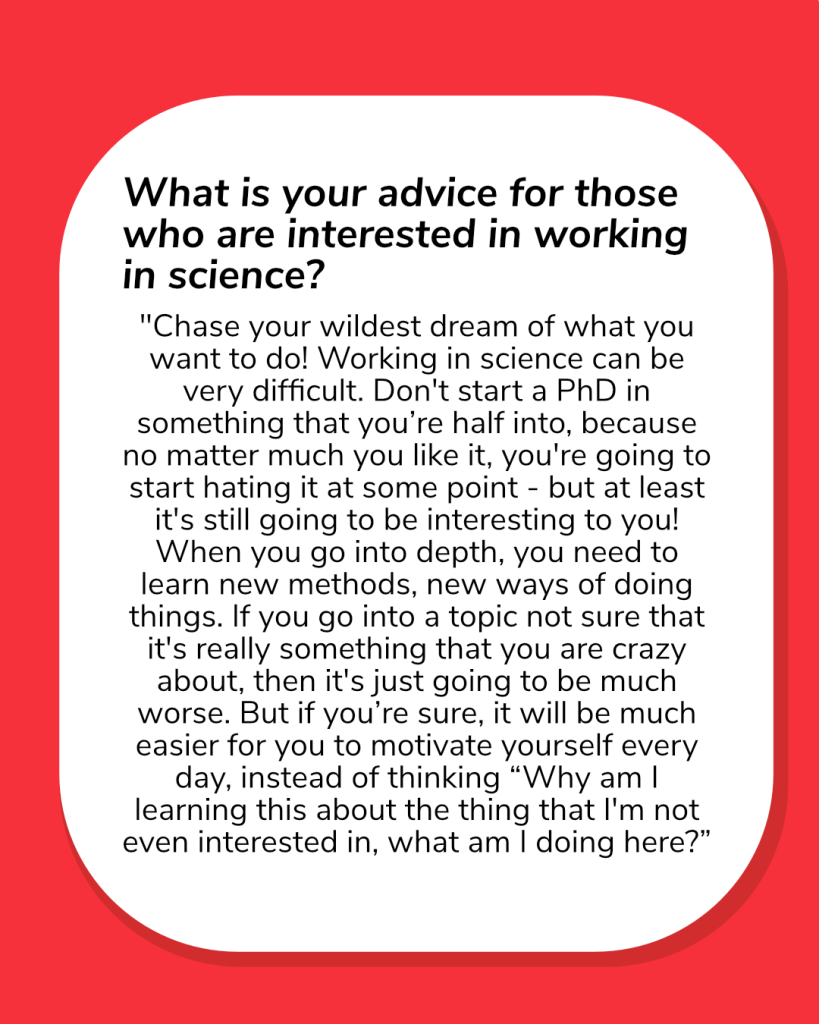
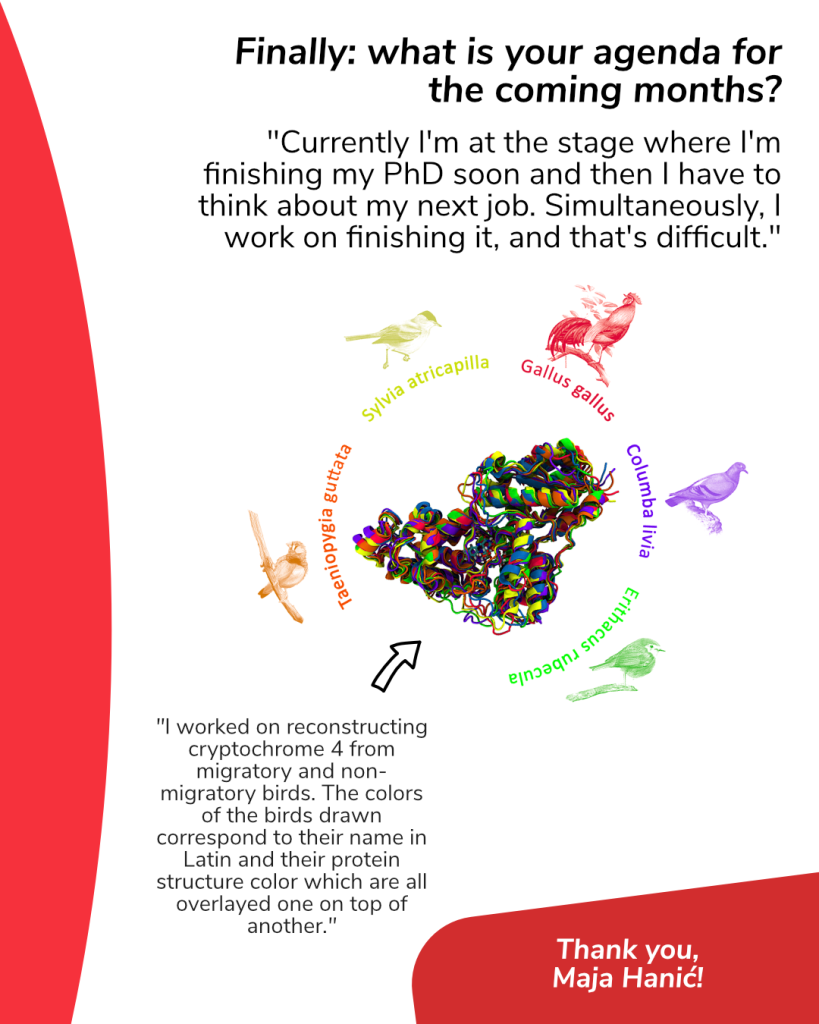
We are pleased to indroduce to you our latest rOLe model:
Maja Hanić – biophysicist and PhD student at our university.
#Gleichstellung #CarlVonOssietzkyUniversität #UniOldenburg #WomenInSTEM #WomenInScience #UOL #UniversitätOldenburg








